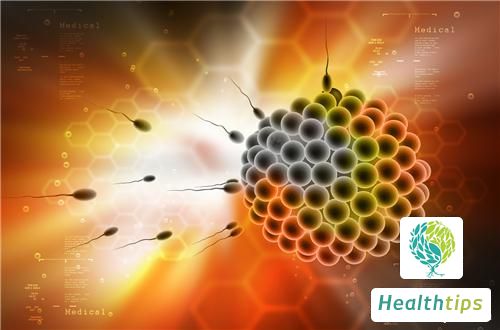Is a Peach Considered a Cool-Natured Fruit?
Fruits are often consumed in our daily lives, and they can be categorized into two types based on their properties: cooling fruits and warming fruits. When eating cooling fruits, special attention is required as they should not be consumed excessively, especially during menstruation for women. Therefore, it is important to be able to distinguish between these two types. Peaches are a popular fruit in summer, but many people are unclear about their specific properties. So, are peaches cooling fruits? Let's take a look.

The answer is no. Peach flesh is sweet and sour, warm in nature, and attributed to the stomach and large intestine meridians. It has the effects of nourishing yin, promoting saliva secretion, lubricating dryness, and activating blood circulation. Therefore, peaches are not cooling fruits, but rather warming fruits. Generally, people with a real heat constitution have a strong metabolism in summer, with their sympathetic nervous system dominating, excessive sweating, frequent flushing, dry mouth and throat, irritability, and constipation. They tend to crave cold foods in summer. However, it is worth noting that individuals with a real heat constitution should avoid eating peaches as they are warming fruits that can easily lead to heatiness and, in severe cases, cause skin eruptions.
a. Watermelon, also known as summer melon or cold melon, has sweet flesh that can cool the body and reduce heat. Its peel is used medicinally to clear heat and promote urination. However, individuals with a spleen-stomach yang deficiency, chronic colitis, gastritis, or duodenal ulcer should avoid eating too much watermelon.
b. Mulberries have a sweet and cold nature. They are rich in active proteins, vitamins, minerals, and amino acids. They can nourish yin, tonify blood, promote saliva secretion, and lubricate dryness. They are suitable for individuals with insufficient yin and blood in the liver and kidneys or intestinal dryness.
c. Persimmons have a sweet and cold nature. They are highly nutritious, containing protein, vitamins, and sugars. Persimmons are rich in pectin, a water-soluble dietary fiber that can effectively lubricate the intestines and correct constipation.
d. Oranges have a sweet and sour taste with a cool nature. They can quench thirst, stimulate the appetite, and relieve qi stagnation. They are especially beneficial for individuals with poor appetite, abdominal distension, nausea, and vomiting.
e. Bananas have a sweet and cool nature. They can clear heat, detoxify, promote urination, and reduce swelling. However, individuals with spleen deficiency and diarrhea should avoid eating too many bananas.
f. Strawberries have a sweet and sour taste with a cool nature. They are highly nutritious and known as the "queen of fruits". They are rich in vitamins, fiber, amino acids, iron, calcium, anthocyanins, and other nutrients. The dietary fiber in strawberries can promote gastrointestinal motility, improve food digestion and absorption, and relieve constipation.
g. Pears have a sweet and sour taste with a cool nature. They can clear heat, soothe the nerves, resolve dampness, stop coughs, and lubricate the intestines.
h. Mangoes have a sweet taste and a slightly cool nature. They are rich in vitamins, proteins, minerals, and sugars. Mangoes can cleanse the intestines, promote bowel movements, and prevent constipation. Cooling fruits have the effect of relieving heatiness, but individuals with a cold constitution should avoid eating them excessively. On the other hand, individuals with a hot constitution who experience excessive sweating, flushing, dry mouth and throat, irritability, and constipation can consume cooling fruits appropriately, but should still avoid overeating.



















